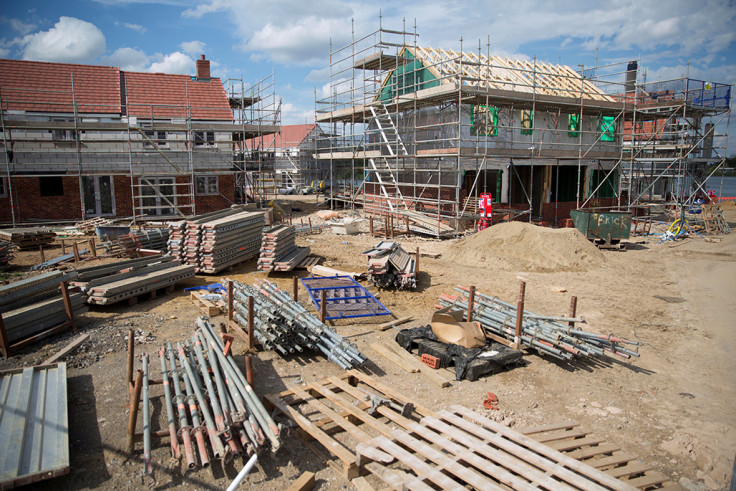UK construction sector remains on solid ground but inflation hits highest level since 2008
UK construction PMI hits 52.5 in February, beating analysts' expectations for a 52 reading and up from 52.2 in January.

Britain's construction performed better than expected in February, as businesses put the uncertainty that followed the Brexit referendum behind them, but the rate of cost inflation hit the highest level in eight-and-a-half years.
The closely watched Markit/CIPS UK Construction Purchasing Managers' Index stood at 52.5 last month, compared with analysts' expectations for a 52 figure and with the 52.2 reading recorded in January, which was the lowest rate since the post-Brexit referendum recovery began.
Markit added a number of companies attributed the better-than-expected rate of growth to the resilient economic backdrop and a stabilisation in client confidence since the EU referendum.
"February's survey data highlights that the UK construction sector has rebounded from its post-referendum soft patch but remains on a relatively slow growth trajectory," said Tim Moore, senior economist at IHS Markit.
While overall output increased slightly, residential activity increased at the slowest pace for six months and output in the commercial building sub-sector declined for the first time since October last year and new business grew at the slowest pace in four months.
Meanwhile, higher prices for imported materials saw input cost inflation remained at levels last seen in the summer of 2008.
"Suppliers' efforts to pass on rising energy costs and global commodity prices have been amplified by the weak sterling exchange rate," Moore added.
Data released on Wednesday, showed Britain's manufacturing sector expanded at the slowest pace in three months in February, as input costs remained close to a record high.
The PMI declined from 55.9 in January to 54.6 last month, compared with analysts' expectations for a 55.7 reading, but remained above the 50 threshold that signals expansion for the seventh consecutive month.
© Copyright IBTimes 2024. All rights reserved.






